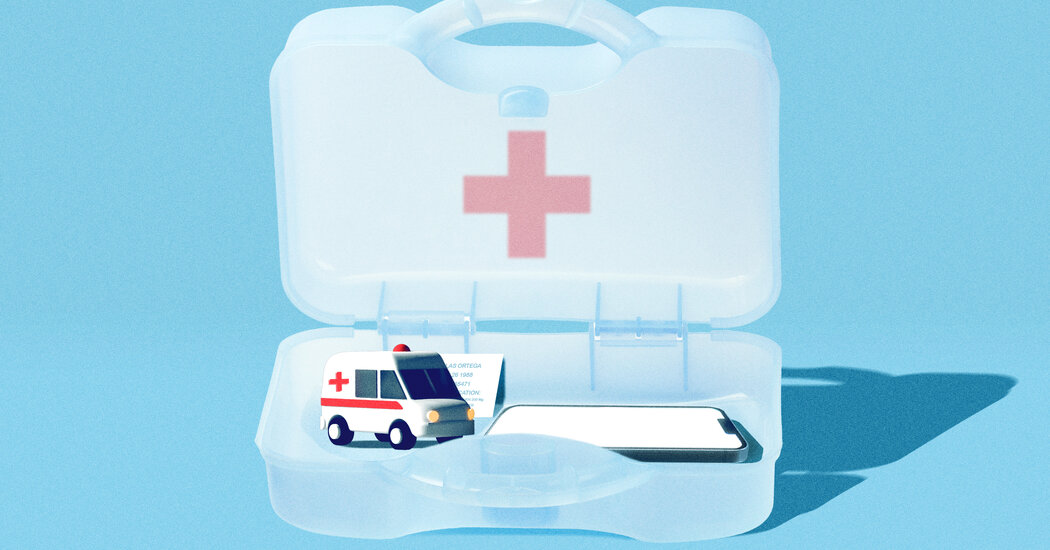Every second counts, experts say.
When paramedics arrive at the scene of an emergency, they have to gather information, often quickly and under chaotic circumstances.
They need to know about a patient’s basic health, said Elizabeth DiRocco, a paramedic with the Los Angeles County Fire Department. But sometimes that person is incapacitated.
If paramedics are in a house, they’ll scan the fridge or the bathroom cabinet for medications and try to find identification in a wallet or a purse, DiRocco explained.
But scrambling for these items “eats up time,” said Anthony Almojera, a paramedic and lieutenant for the New York Fire Department. “Our role is to buy you time.”
Seconds count. Brain damage can occur in as little as five minutes if your brain is deprived of oxygen during a heart attack or stroke.
Most of us don’t want to think about the circumstances that might bring paramedics to our door. But there is something you can do today that could be an actual lifesaver: making your medical information handy. Here’s how.
